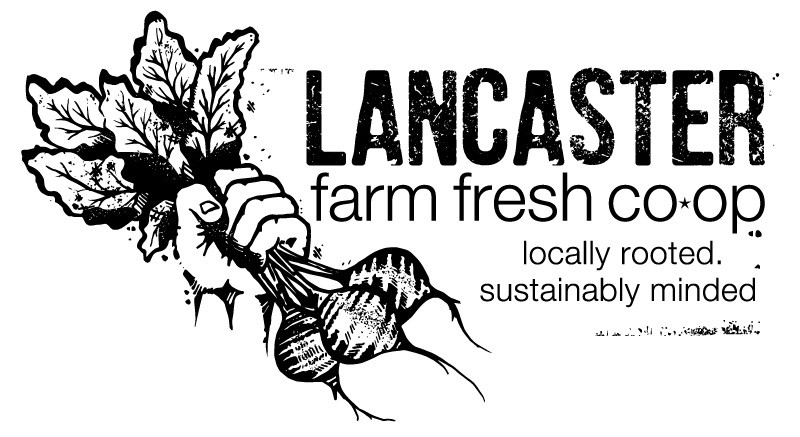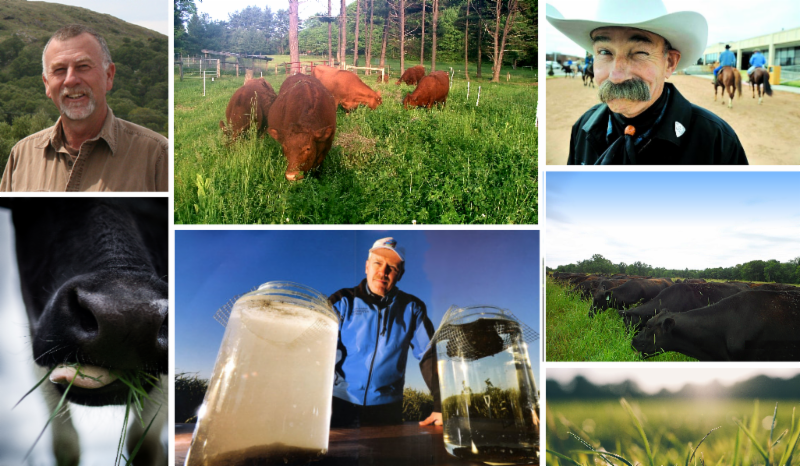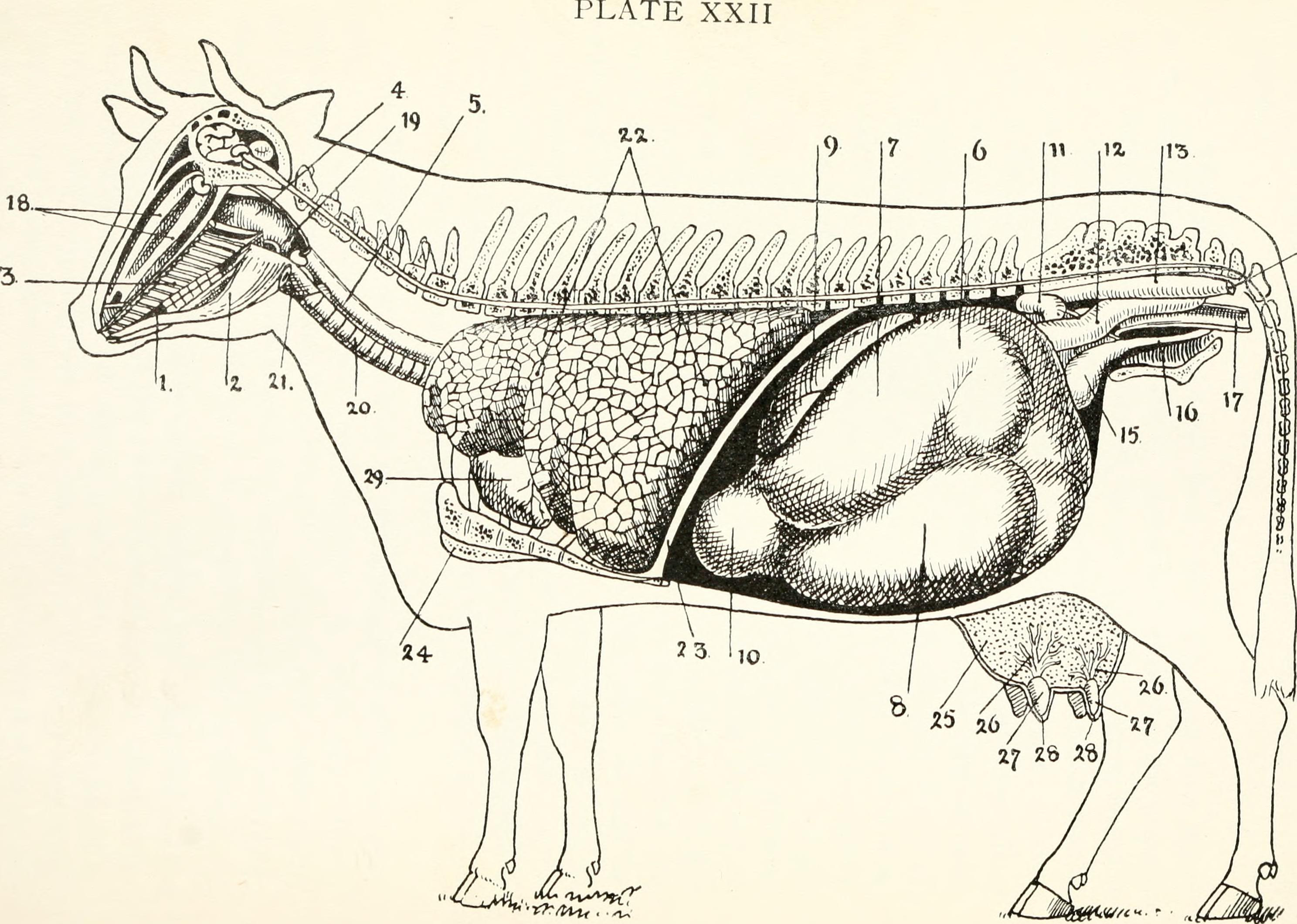Lancaster Farm Fresh Co-op gives members access to nutritious produce and other small- batch products.
As you may have noticed, we’ve had a good number of new products lately, specifically in the produce department. This is due to the farmer’s new partnership with the Lancaster Farm Fresh Co-op (LFFC), a non-profit cooperative of over 100 small farmers from Lancaster County, PA, many of them living the Amish culture. We are so thankful to have this resource to connect our members with even more food produced on highly maintained and nutrient-rich soil.











